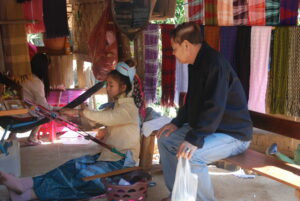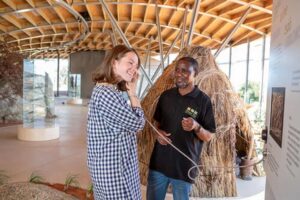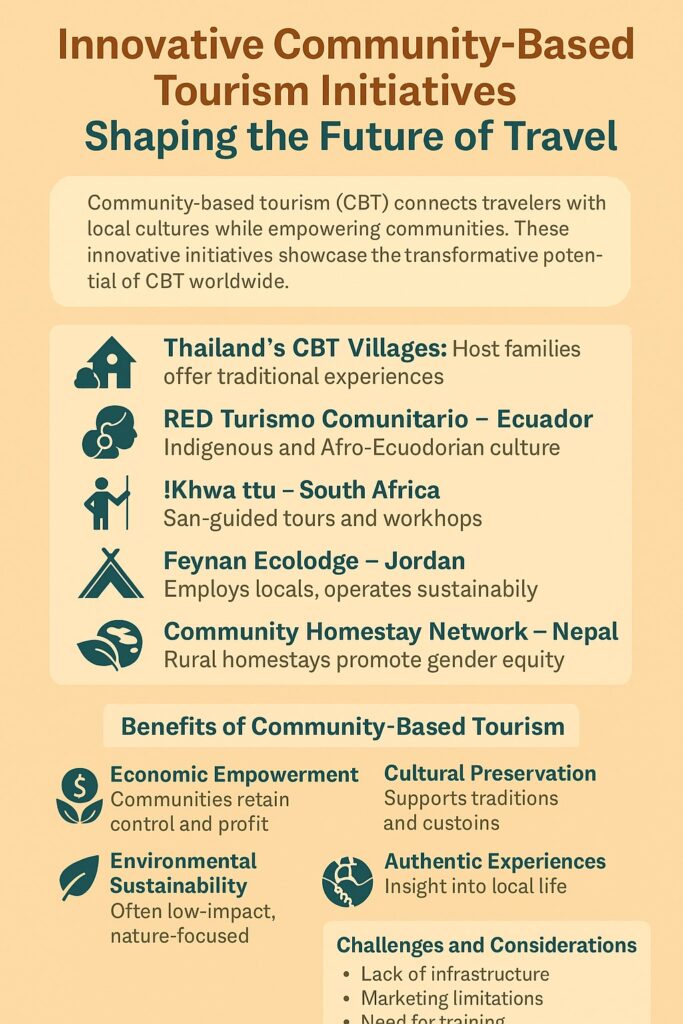Community-Based Tourism (CBT) has emerged as a transformative way to connect with local cultures, protect natural environments, and empower communities. More than just a travel trend, CBT represents a shift toward ethical, sustainable, and immersive tourism.
What is Community-Based Tourism?
Community-based tourism is a model in which local communities manage and directly benefit from tourism activities. Instead of profits going to large corporations or outside investors, income from CBT stays within the community, funding education, infrastructure, environmental conservation, and cultural preservation.
Thailand’s CBT Villages: A National Model of Success
Thailand is considered a pioneer in CBT with government-backed projects such as the CBT Thailand Initiative, which is supported by the Thailand Community-Based Tourism Institute (CBT-I). Villages such as Mae Kampong and Ban Talae Nok welcome visitors to experience local traditions, food, and crafts while staying with host families.
 According to the International Institute for Environment and Development (IIED) these initiatives have led to increased income for rural households and reduced migration to cities.
According to the International Institute for Environment and Development (IIED) these initiatives have led to increased income for rural households and reduced migration to cities.
RED Turismo Comunitario – Ecuador
In Ecuador, the RED Turismo Comunitario network connects over 20 Indigenous and Afro-Ecuadorian communities offering authentic experiences. Tourists can participate in farming, handicraft making, or spiritual rituals.
This initiative not only boosts rural income but also strengthens cultural pride and ecological stewardship.
South Africa’s! Khwa ttu: Empowering San Communities
Located near Cape Town! Khwa ttu is a CBT project focused on the San people, one of the oldest cultures on Earth. The centre offers guided tours, storytelling, and workshops by trained San youth. It combines cultural preservation with education, employing locals and offering formal training in eco-tourism and hospitality.
 Jordan’s Feynan Ecolodge
Jordan’s Feynan Ecolodge
Managed by EcoHotels and supported by the Royal Society for the Conservation of Nature (RSCN), Feynan Ecolodge is a notable success story in the CBT sector. Located in the Dana Biosphere Reserve, it employs locals for every aspect of operations, from solar energy management to cooking and guiding.
Feynan has received global recognition, including from National Geographic as one of the top 25 eco-lodges in the world.

Nepal’s Community Homestay Network
The Community Homestay Network (CHN) in Nepal empowers women and rural communities by creating homestay experiences across the country. From the lakeside town of Panauti to the plains of Barauli, travellers live with locals, eat traditional meals, and participate in festivals.

This project promotes gender equity, supports small economies, and encourages cultural exchange.
Benefits and Challenges of CBT
- Economic Empowerment: Communities retain control and profit from tourism.
- Cultural Preservation: Supports the continuation of traditional knowledge and customs.
- Environmental Sustainability: CBT is often a low-impact and nature-focused approach.
- Authentic Experiences: Tourists gain a deeper insight and form stronger connections with local people.
Despite its advantages, CBT faces obstacles like:
- Lack of infrastructure in rural areas
- Marketing limitations
- Need for capacity building and training
Many successful CBT projects partner with NGOs, governments, or ethical tour operators to overcome these challenges.

A Path Toward Responsible Travel
Community-Based Tourism is no longer a niche concept—it’s a growing global movement reshaping the way we travel. By placing local people at the heart of tourism development, CBT fosters inclusive economic growth, safeguards cultural heritage, and champions environmental stewardship. From the homestays of Nepal to the eco-lodges of Jordan and the cultural tours of South Africa, these initiatives demonstrate that tourism can be both meaningful and sustainable.
As travelers increasingly seek responsible and authentic experiences, supporting CBT not only enriches their journeys but also creates lasting, positive impacts on the communities they visit. The future of travel lies not in mass consumption, but in mutual respect, shared stories, and community-driven change.

This Post Has 0 Comments